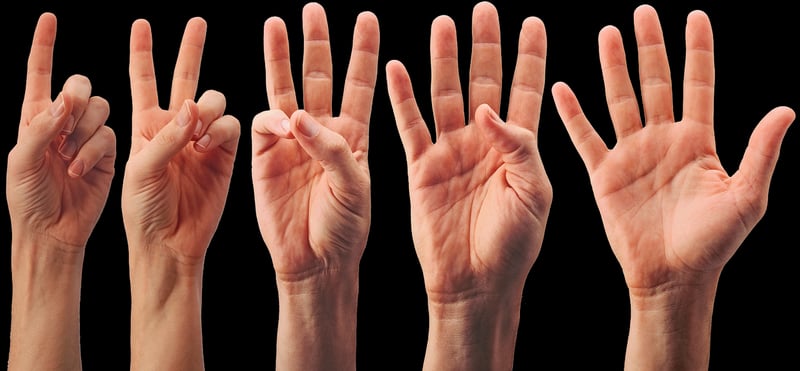Historical Accounts
The Fascinating Intersection of Literature on Time and Historical Accounts
Time, an intangible concept that governs our lives, has fascinated writers and historians alike, leading to a rich tapestry of literature that delves into the complexities of time and its impact on societies. Let's explore the captivating intersection of literature on time and historical accounts.
The Concept of Time in Literature
Time in literature is not just a mere backdrop but a dynamic element that shapes narratives, characters, and themes. From the time-traveling adventures of H.G. Wells' "The Time Machine" to the existential reflections on time in Virginia Woolf's "Mrs. Dalloway," writers have grappled with the fluidity and elusive nature of time.
Exploring Time in Historical Accounts
History, as a record of the past, offers a unique perspective on how societies have understood and measured time. Ancient civilizations developed intricate calendars and sundials to mark the passage of time, while the industrial revolution brought about standardized time zones, revolutionizing global communication and trade.
Notable Works at the Intersection
- 1. "Slaughterhouse-Five" by Kurt Vonnegut: This anti-war novel combines elements of science fiction and historical fiction, using time travel as a narrative device to explore the impact of war on individuals.
- 2. "One Hundred Years of Solitude" by Gabriel Garcia Marquez: This magical realist novel weaves a multi-generational saga, blurring the lines between past, present, and future to create a timeless narrative.
- 3. "A Brief History of Time" by Stephen Hawking: While not a work of fiction, this groundbreaking book delves into the complexities of time, space, and the universe, making theoretical physics accessible to a wider audience.
The Influence of Time on Cultural Identity
Time plays a crucial role in shaping cultural identities and collective memories. Historical accounts of significant events, such as wars, revolutions, and social movements, not only document past occurrences but also shape present-day perspectives and future aspirations.
Conclusion
As we navigate the intricate relationship between literature on time and historical accounts, we discover a profound interconnectedness that transcends temporal boundaries. Through the lens of storytelling and historical narratives, we gain insights into the human experience and the enduring quest to make sense of the passage of time.

Explore the timeless themes of literature on time and historical accounts to unravel the mysteries of the past and contemplate the infinite possibilities of the future.
